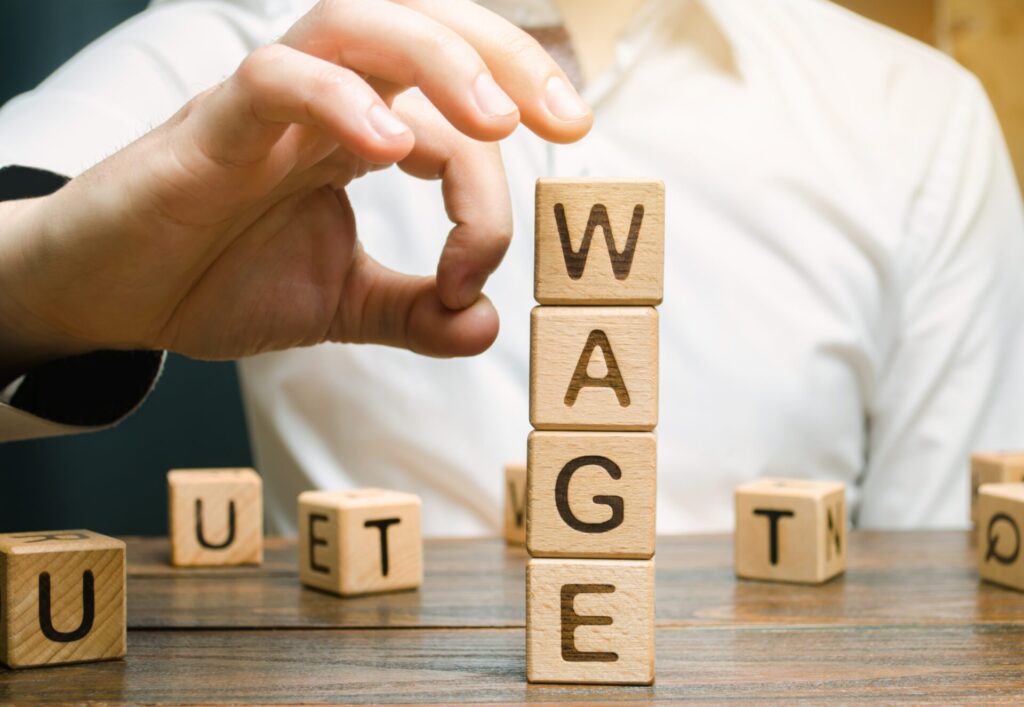A default judgment occurs when someone doesn’t show up for a court hearing in which they are either the plaintiff or defendant. If you or your representative are not there to state your case, the judge is likely to make a default decision for the other side.
Default judgments are especially common in debt cases for a variety of reasons. Keep reading to find out more about default judgments, including what you can do about one and how a debt lawyer can help you.
How Does a Default Judgment Work in a Debt Lawsuit?
Under federal debt collection laws and the Colorado Fair Debt Collection Practices Act, collection agencies must follow certain rules when trying to collect a debt from you. However, in many cases, original creditors or debt collection agencies do have the right to bring legal action against someone who hasn’t paid a debt they owe. They may do so by filing a lawsuit against you.
The creditor suing you must provide you with written notice of the lawsuit. This notice comes in the form of a Summons and a Complaint. The first notifies you of when a court hearing on the matter is scheduled so you can present your side. The second provides the details of the case—namely the information about the alleged debt you owe and haven’t paid.
At this point, you have a few choices. You can ignore all these notices, but you should not. Not answering the notice or failing to show up in court for your case results in a default judgment against you.

Instead, it’s important to file a written Answer with the court within the required timeline. You also need to show up—or have your lawyer represent you—at the court hearing.
This is true even if you don’t owe the debt or have another compelling reason you shouldn’t pay it—such as the debt being time-barred by a statute of limitations. If no one shows up to make these arguments, the case is decided for the other side.
What Happens When a Default Judgment Is Entered Against You?
A judgment is a legal pass for creditors to move on to other forms of collection activity. Judgment creditors have more options for collecting debts, including:
- Garnishing your wages. Judgment creditors can get an order allowing them to move forward with wage garnishments. They file paperwork with your employer, and your employer must pay the creditor a certain percent of your disposable wages until the judgment is satisfied. While judgment creditors can’t take your entire paycheck, they may be able to take a sizable chunk that impacts your monthly budget.
- Filing liens against property. After getting a judgment, creditors may be able to file a lien against property you own, such as your home. That means if you sell your home, the creditor can take what you owe out of any proceeds. In some cases, creditors may be able to force you to sell your home to make good on the debt.
- Levying your property. Judgment creditors may also be able to levy other types of property, such as fine art or vehicles, forcing you to sell it to pay the debt. They may also be able to levy checking or savings accounts, eventually taking money from those accounts to cover the debt.
Often, by the time you get to this point, the amount the creditor is seeking is much more than the amount you originally borrowed. Interest typically accrues over time—along with late charges and other finance fees. The creditor’s attorney’s fees may also be included in what you’re expected to pay.
Do You Have Options After a Default Judgment?
Your options for defending against a debt lawsuit are always much better before a judgment is entered against you. If you have received a Summons or Complaint in a case involving debt—whether you think you owe it or not—acting quickly with the help of a debt defense lawyer can help you protect your rights and promote a more positive outcome.
However, you do have some options if a default judgment was entered against you. Default judgments can be set aside if you can demonstrate:
- A compelling or excusable reason you didn’t act to defend yourself against the lawsuit in the first place
- Misconduct or fraud on the part of the other party
- That the Complaint and/or Summons was not served via the proper channels or that you did not receive it
You typically request that the judge set aside a default judgment by filing a motion. How soon that motion has to be filed depends on factors including why you’re asking the judge to set aside the judgment. You can also appeal a default judgment.

If a judgment has been entered against you—whether default or otherwise—and the creditor has not moved forward with wage garnishments or levies, you may be able to stop further collection activity with an automatic stay. This occurs when you file a bankruptcy petition.
Reach Out to a Bankruptcy Lawyer for Help
Getting help as soon in your debt struggle as possible can support a more positive outcome for your case. However, if you’ve found yourself dealing with a default judgment, it’s not too late to get professional help to protect your rights and work toward a better outcome. Call the Holland Law Office today to find out how we can help.







